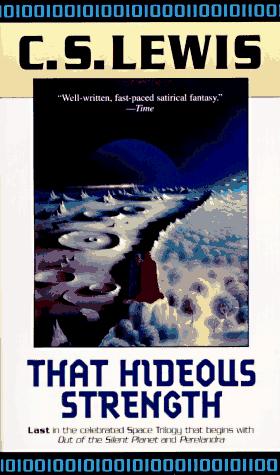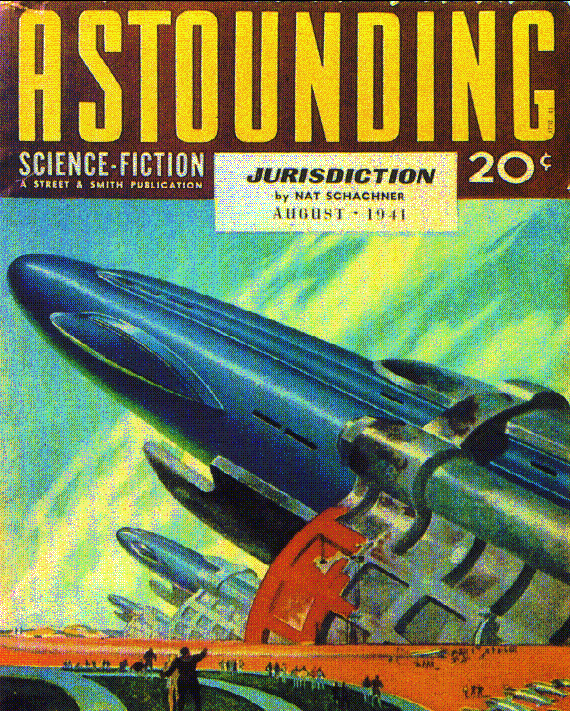

"Why Does It Matter?" by Todd J. Schmid
Science fiction, among other things, attempts at the enormous task of bridging the increasing gap between the world of science and the world of the humanities first characterized by C.P. Snow. Both innovative and reactionary, science fiction can sometimes propose new technology and at other times provide the context for a technology applied. Among the most relevant technologies in the realm of scientific progress is genetic modification and human cloning. Science fiction takes these ideas and brings them to life.
The top fiction and film in the sphere of genetics understand the unique interrelatedness of eugenics and evolutionary ethics and theory. All the way back to Plato's Republic, Socrates explains that human differences are a factor of human essences, that is, what humanity is made of. In the early 1880's, Francis Galton coined the term. Now, in the 20th century, the "science of human improvement" maintains the concepts of controlled breeding that could result in the betterment of humanity's genetic future.
The possibilities considered by Galton, later by American and Nazi eugenicists, and still being contemplated with even more resolve today have been opened up by the recent completion of the Human Genome Project. With such comprehensive knowledge of the nature of human genetics, it follows that science would progress toward the "improvement" of the human race, intimately linked with the theoretical basis of evolution.
Without a popular and strongly rooted bioethical standard, science fiction authors and film producers must depict the ramifications of abstract technological ideals in the context of the "real world." They put forth the often over-looked question: "What if...?" Indeed, these authors serve as bioethicists that look not only at the science but also at the social perspectives dealing with the fundamental concepts of humanity.